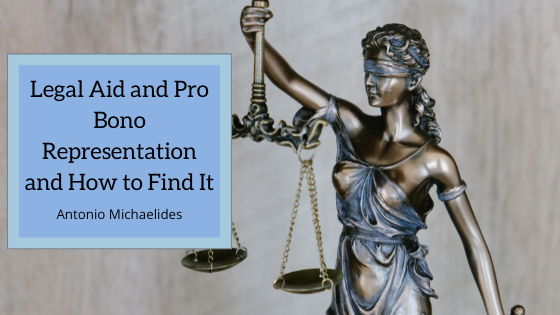Legal aid is a group of lawyers who assist people who are unable to pay a lawyer. Most legal aids deal with civil and not criminal cases. They also avoid divorce cases, bankruptcies and personal injury cases. The lawyers generally represent both defendants and plaintiffs.
Origin of Legal Aid
American legal aid started in the late 19th century under the banner of the Legal Aid Society of New York. The objective of the group was to protect German immigrants from unscrupulous landlords, greedy merchants and predatory lenders. The society later decided to expand and help other people rather than Germans only.
Other states started to emulate New York by forming their own societies with the aim of helping the vulnerable in society. In 1974, the society transformed into the Legal Services Corporation (LSC) with its headquarters in the District of Columbia.
The Difference between Legal Aid and Pro Bono
Legal aid can be described as a group of lawyers working with clients who are unable to afford legal services. They are experts who are qualified and experienced in matters of consumer law, welfare matters, and landlord-tenant law among others.
On the other hand, pro bono is a Latin word meaning the free work done by a lawyer. All lawyers are often urged to dedicate some of their time to individuals who might not be able to afford their legal services.
Most civil law firms take up pro bono cases for the purposes of marketing themselves. They often go for “safe cases” to avoid angering their paying clients. Pro bono lawyers have a way of identifying deserving cases to represent. They have to make sure that you are completely unable to pay for their services.
How to find a PRO Bono attorney or legal aid
Searching the internet is one of the best ways of finding a legal aid or pro bono lawyer near you. All a person needs to do is search using the name of their state followed by the word “legal services” or “legal aid”. After finding the matches, check their website and find out the type of cases the society deals with.
It is important to note that all legal aid or services have certain requirements that clients must fulfill in order to qualify for their free services.
